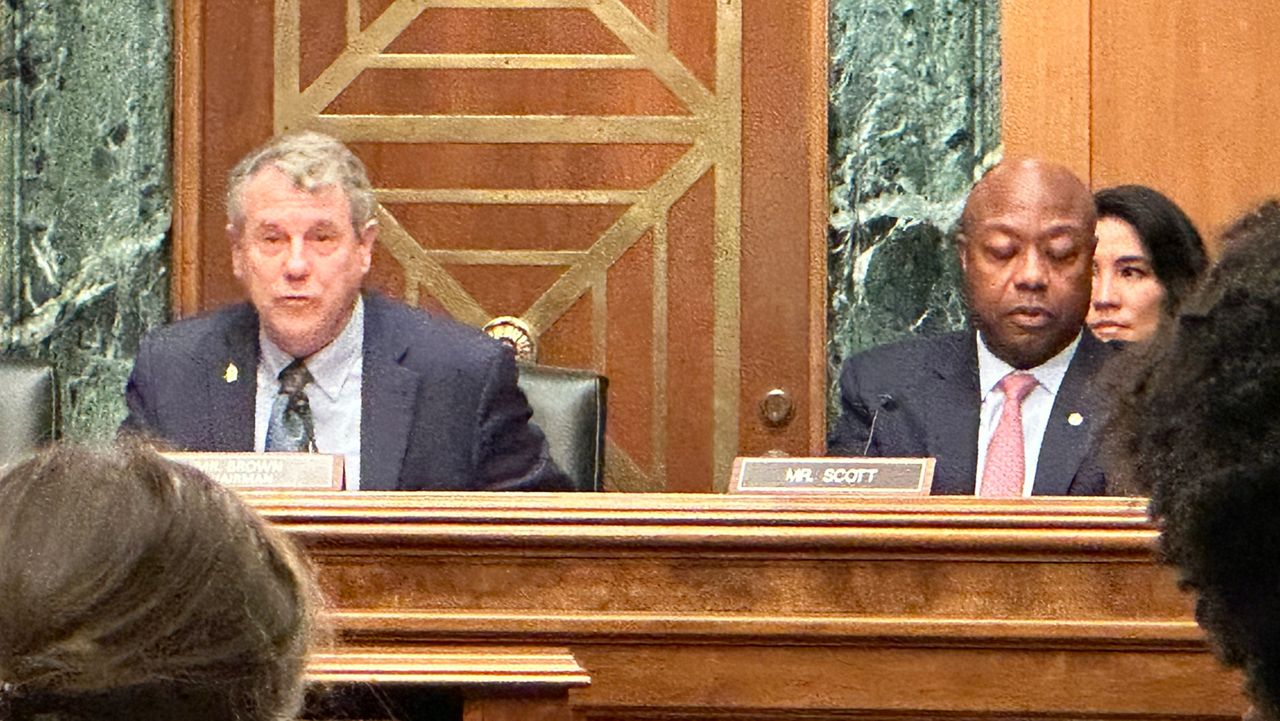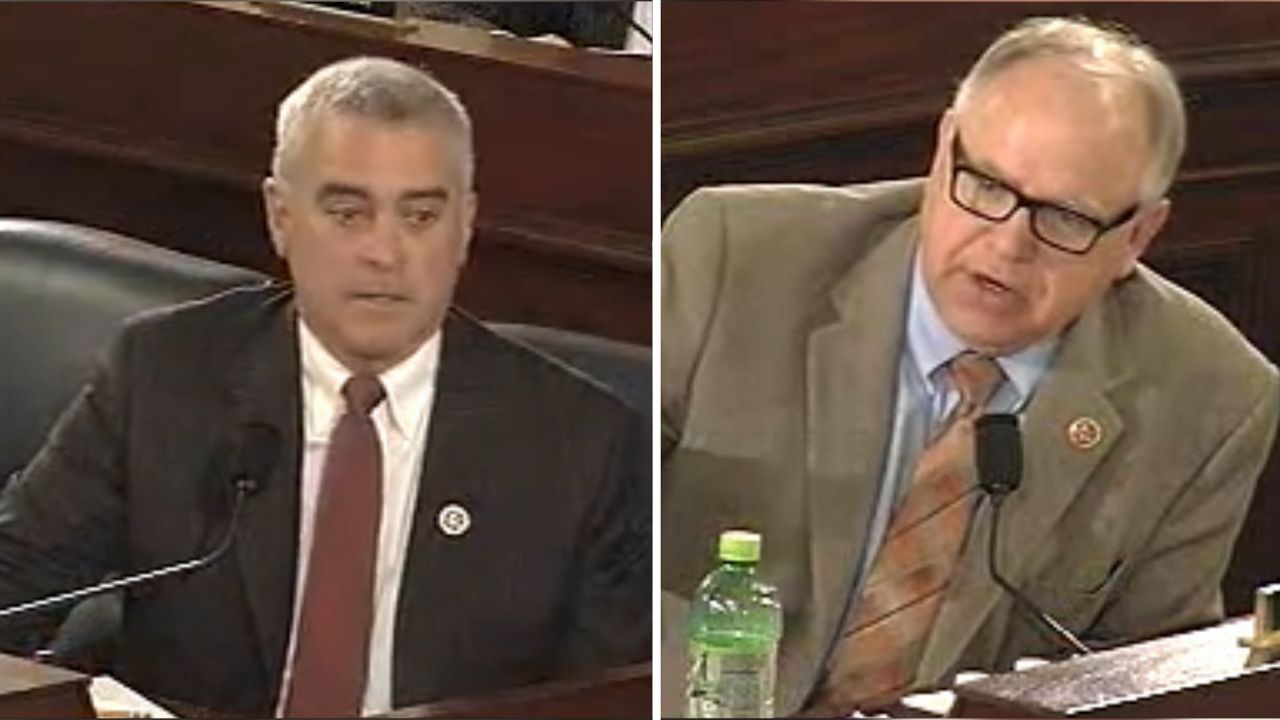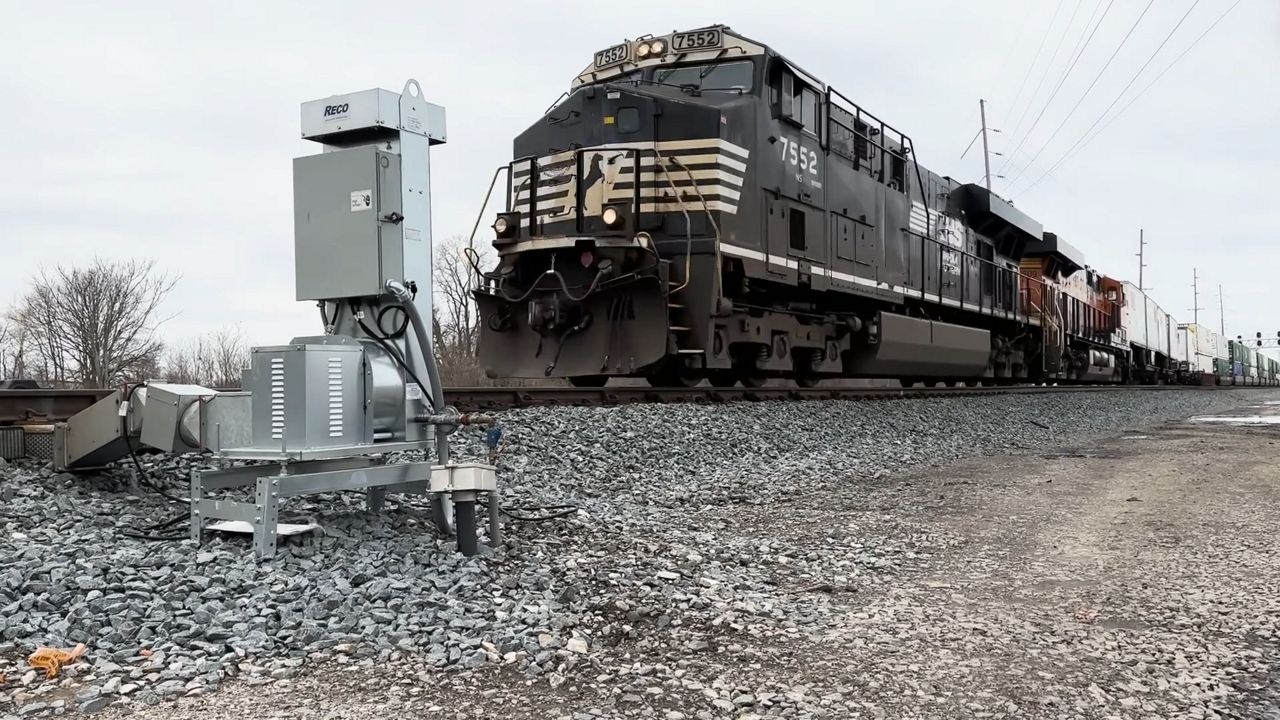WASHINGTON, D.C. — A new survey by the Federal Reserve Bank of Cleveland found 64% of business owners believe tariffs will affect their companies, and nearly half of those businesses plan to raise prices in anticipation of higher costs.
What You Need To Know
- A majority of businesses in Ohio and surrounding states believe tariffs will affect their companies, according to a new survey by the Federal Reserve Bank of Cleveland
- Uncertainty around tariffs and trade may be contributing to some companies' decision to pull back on expansion plans
- Ohio Democrat and Republican lawmakers are divided over tariffs' impact on the state
Though President Donald Trump has changed course several times since announcing his sweeping tariff plan, the U.S. currently has a 145% tariff on goods from China and a 10% tariff on imports from most other countries.
On Wednesday Trump said the high tariffs on Chinese goods would come down “substantially.” Still, Democrat lawmakers from Ohio said the damage has already been done to the state.
“Targeted tariffs make a lot of sense. And I’m one of the biggest fans and believers in bringing back American manufacturing,” said Rep. Greg Landsman, D-Ohio. “What he is doing with the tariffs is chaotic. It’s pure chaos. Manufacturing is starting to shrink. We are losing investments in Ohio.”
Earlier this month Microsoft announced it was pausing a $1 billion data center project in Licking County. The tech giant said the delay resulted from business conditions.
Microsoft Cloud president Noelle Walsh wrote in a social media post, “By nature, any significant new endeavor at this size and scale requires agility and refinement as we learn and grow with our customers.”
Though Microsoft has not mentioned tariffs as a factor in current business conditions, some analysts said the president’s shifting trade policies are causing some companies to pull back on expansion plans as they await more clarity on their future costs.
“There is a lot of research, some of it from the Fed, showing that [[uncertainty]] does lead to businesses and households stepping back from decisions, which makes common sense,” Fed Chair Jerome Powell said during remarks at the Economic Club of Chicago on April 16.
Still, some Republican Ohio lawmakers said their constituents remain optimistic the tariffs will help the Buckeye State in the long term by nudging companies to relocate manufacturing to the U.S. from overseas.
“It doesn’t seem to be scaring people off,” said Rep. Dave Taylor, R-Ohio. “And I do think people want it to be given a chance. This was the financial plan that we voted for. And you can’t throw it out before it gets the chance to succeed.”
This week the International Monetary Fund lowered its projections for U.S. growth from 2.7% to 1.8% because of tariff and trade tensions.











